The quest for sustainable and clean energy sources has gained significant momentum worldwide, with solar power emerging as a leading contender. In Greece, a country blessed with abundant sunshine, solar panels have played a pivotal role in the transition towards renewable energy. This essay delves into the utilization of solar panels in Greece, exploring the country's solar energy potential, governmental policies, technological advancements, and the socio-economic and environmental impact of solar energy adoption.
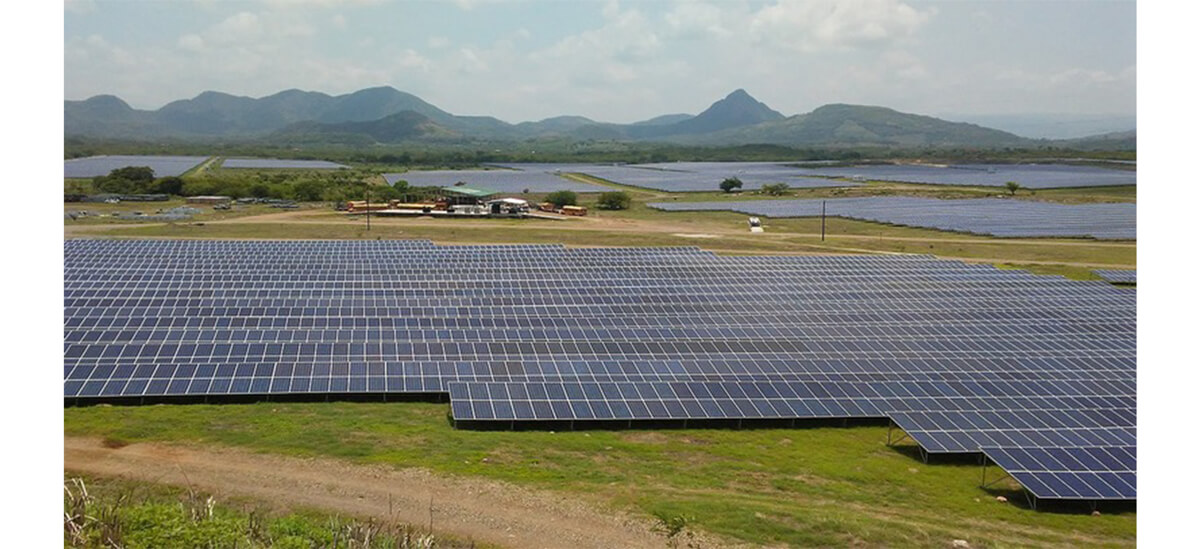
1. Solar Energy Potential in Greece:
Located in the sun-drenched region of the Mediterranean, Greece enjoys one of the highest solar irradiation levels in Europe. With approximately 2,700 to 3,000 hours of sunshine annually, the country possesses immense solar energy potential. This abundance of sunlight provides a valuable resource for harnessing solar power and reducing dependency on fossil fuels.
2. Governmental Policies and Incentives:
Recognizing the significance of renewable energy, the Greek government has implemented favorable policies and incentives to promote the use of solar panels. The Renewable Energy Sources (RES) law introduced in 2012 streamlined licensing procedures and simplified administrative processes for solar energy projects. Furthermore, feed-in tariffs and net-metering programs have been established to incentivize individuals, businesses, and communities to invest in solar energy systems. These policies have facilitated the growth of the solar sector in Greece.
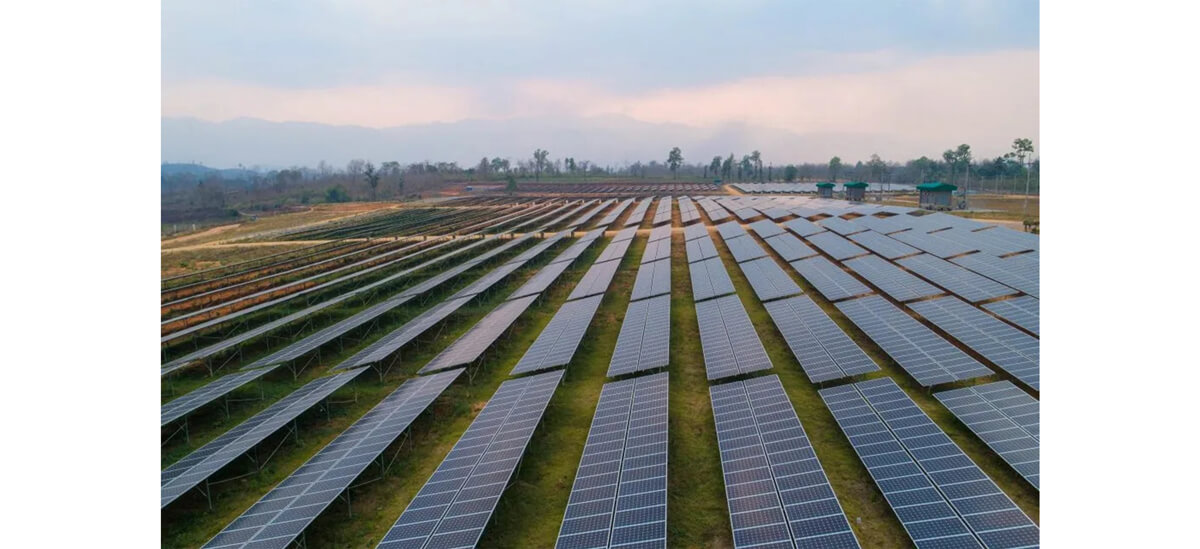
3. Technological Advancements in Solar Panels:
Advancements in solar panel technology have played a crucial role in the widespread adoption of solar energy in Greece. The development of photovoltaic (PV) panels, which convert sunlight into electricity, has significantly improved efficiency and reduced costs. Innovations such as monocrystalline and polycrystalline silicon cells, thin-film technology, and bifacial modules have enhanced the performance and versatility of solar panels. These technological advancements have made solar energy a viable and economically attractive option for both residential and commercial applications.

Mono Half-Cut Double Glass Module
4. Residential and Commercial Solar Installations:
Solar panels are extensively deployed in both residential and commercial sectors in Greece. Homeowners and businesses are increasingly installing rooftop solar systems to generate their own electricity, reducing their reliance on the national grid and lowering energy bills. In recent years, the Greek government has encouraged the implementation of solar panels in public buildings, schools, and hospitals, contributing to the overall solar capacity of the country.
5. Socio-economic and Environmental Impact:
The utilization of solar panels in Greece has had a profound socio-economic and environmental impact. The adoption of solar energy has created new job opportunities, stimulating the green economy and promoting sustainable development. Solar power installations have boosted local employment in the construction, manufacturing, and maintenance sectors. Additionally, the reduction in greenhouse gas emissions and the shift towards renewable energy have improved air quality and mitigated the environmental impact of traditional energy sources.
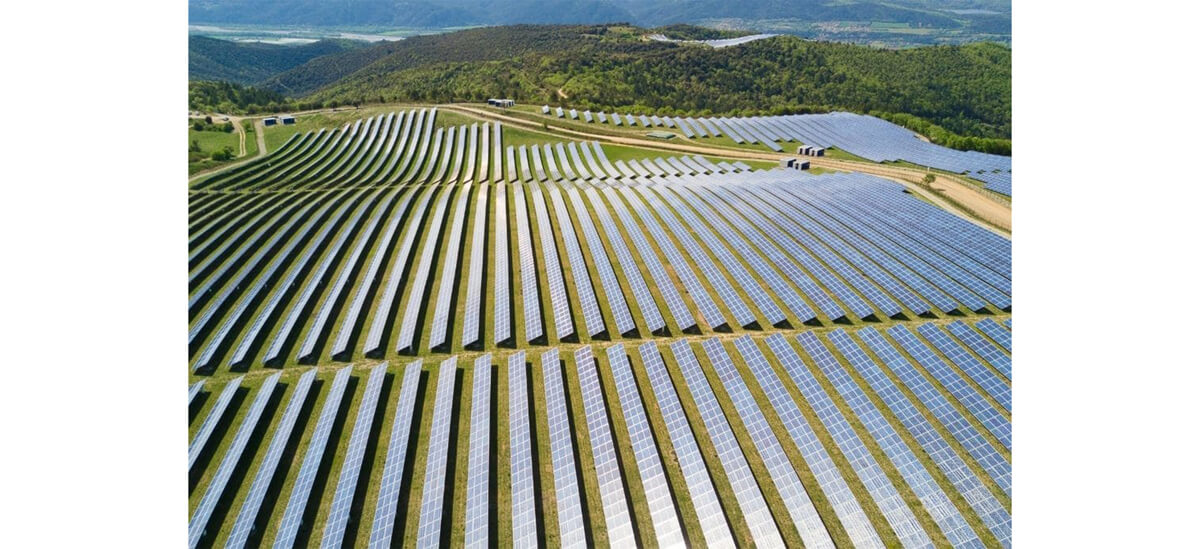
6. Challenges and Future Outlook:
While Greece has made significant progress in harnessing solar energy, several challenges remain. Limited storage capacity, intermittency of solar power, and grid integration issues pose obstacles to achieving higher penetration levels. However, ongoing research and development efforts are focused on addressing these challenges through energy storage solutions and advanced grid management systems. The future outlook for solar energy in Greece remains promising, as technological advancements and policy support continue to pave the way for a sustainable and clean energy future.
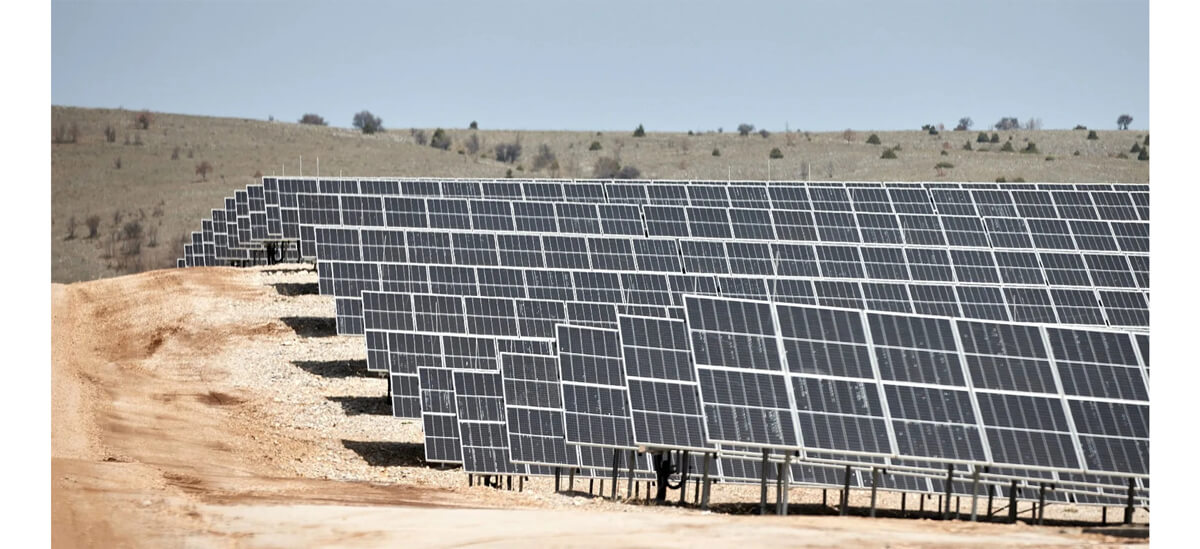
Solar panels have emerged as a key component in Greece's renewable energy landscape, leveraging the country's abundant sunlight to transition towards a greener and more sustainable energy system. With favorable governmental policies, technological advancements, and growing public awareness, solar energy adoption has flourished, contributing to job creation, environmental preservation, and energy independence. As Greece embraces solar power, it sets an inspiring example for other nations seeking to harness the power of the sun and build a brighter and more sustainable future. By capitalizing on its solar energy potential and implementing supportive policies, Greece has demonstrated its commitment to combating climate change and reducing dependence on fossil fuels.
Looking ahead, it is imperative for Greece to address the challenges associated with solar energy implementation. Storage capacity and grid integration issues require innovative solutions to ensure a reliable and stable energy supply. Continued investments in research and development will play a pivotal role in enhancing energy storage technologies, such as batteries, to overcome intermittency and maximize the utilization of solar power.
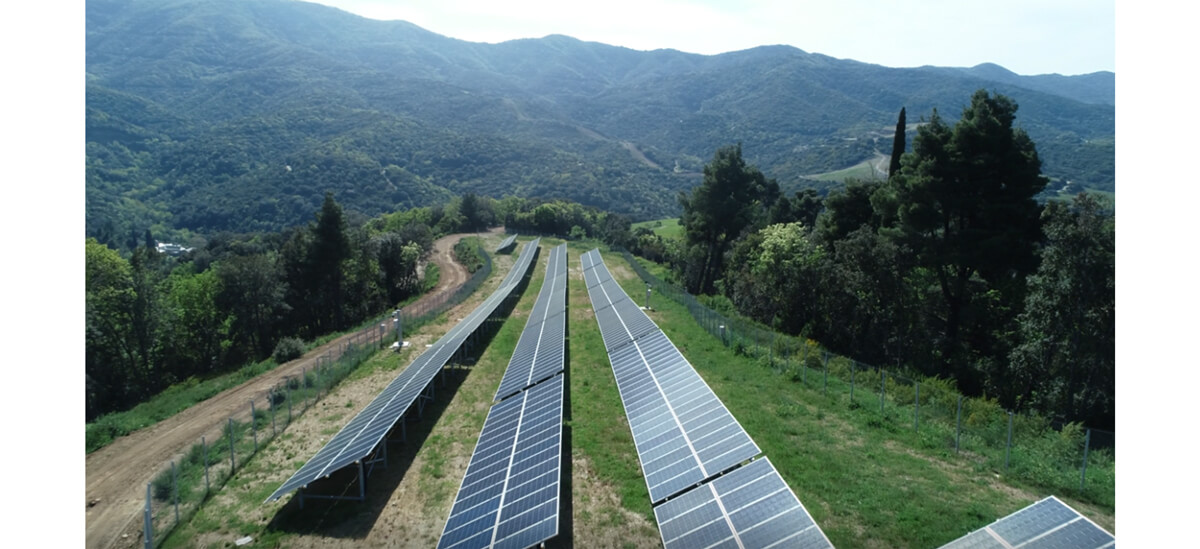
Furthermore, collaborations with other countries and international organizations can provide valuable insights and support in terms of knowledge sharing and best practices. By fostering partnerships and participating in global initiatives, Greece can further accelerate the adoption of solar energy and promote sustainable energy transitions at a larger scale.
Moreover, public education and awareness campaigns are crucial for encouraging individuals and communities to embrace solar energy. Empowering citizens with information about the benefits of solar panels, financial incentives, and the long-term savings potential will drive further uptake in residential installations. Education institutions can play a significant role in promoting solar energy literacy and training a skilled workforce to support the growing solar industry.
Greece has made significant strides in harnessing solar energy, utilizing its abundant sunlight to reduce greenhouse gas emissions and promote a sustainable energy system. The government's favorable policies, technological advancements, and growing public support have paved the way for the widespread adoption of solar panels in both residential and commercial sectors. As Greece continues to overcome challenges and invest in research and development, the future outlook for solar energy in the country is promising. By leveraging its solar potential, Greece stands as a shining example for other nations seeking to transition towards cleaner and more sustainable energy sources, ultimately contributing to a greener and healthier planet.











